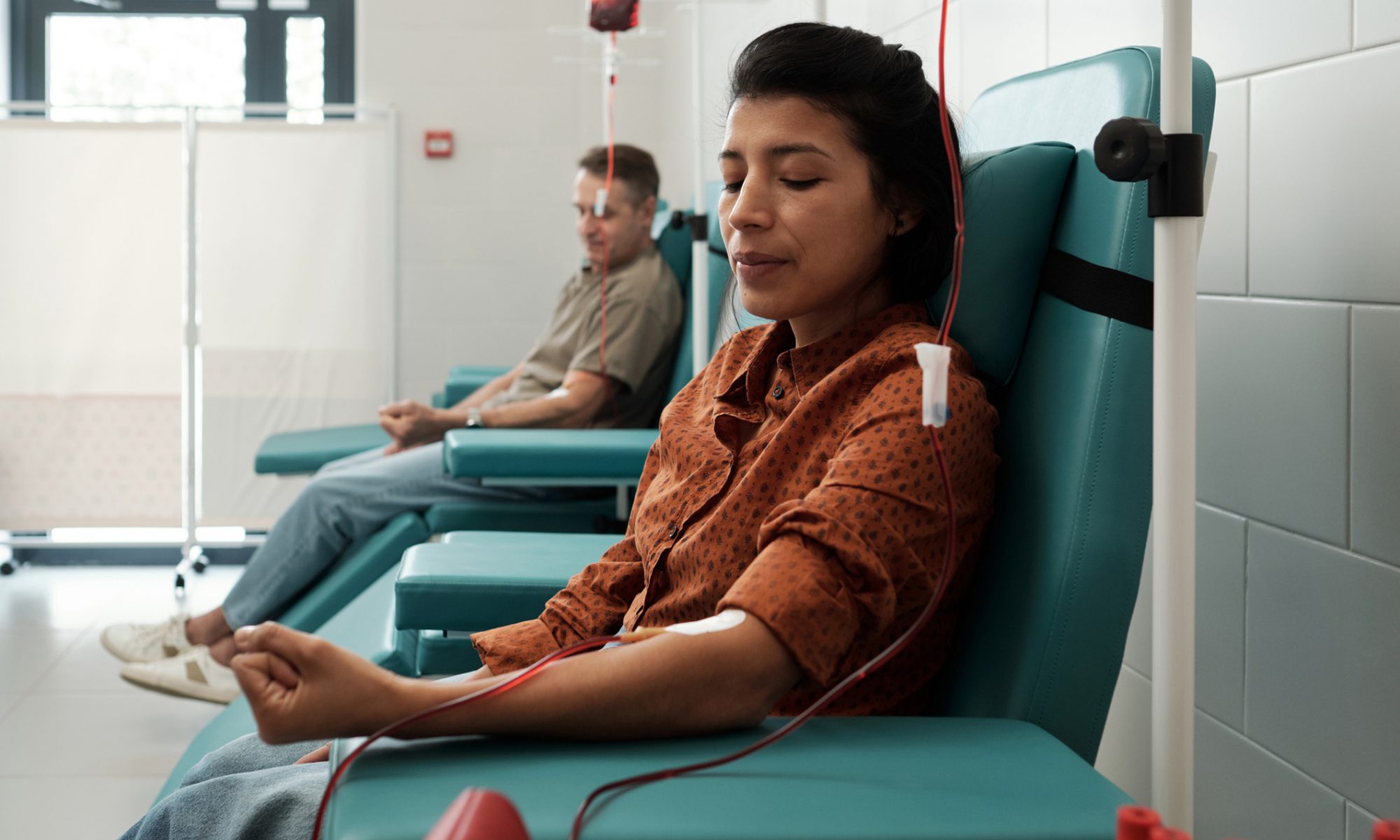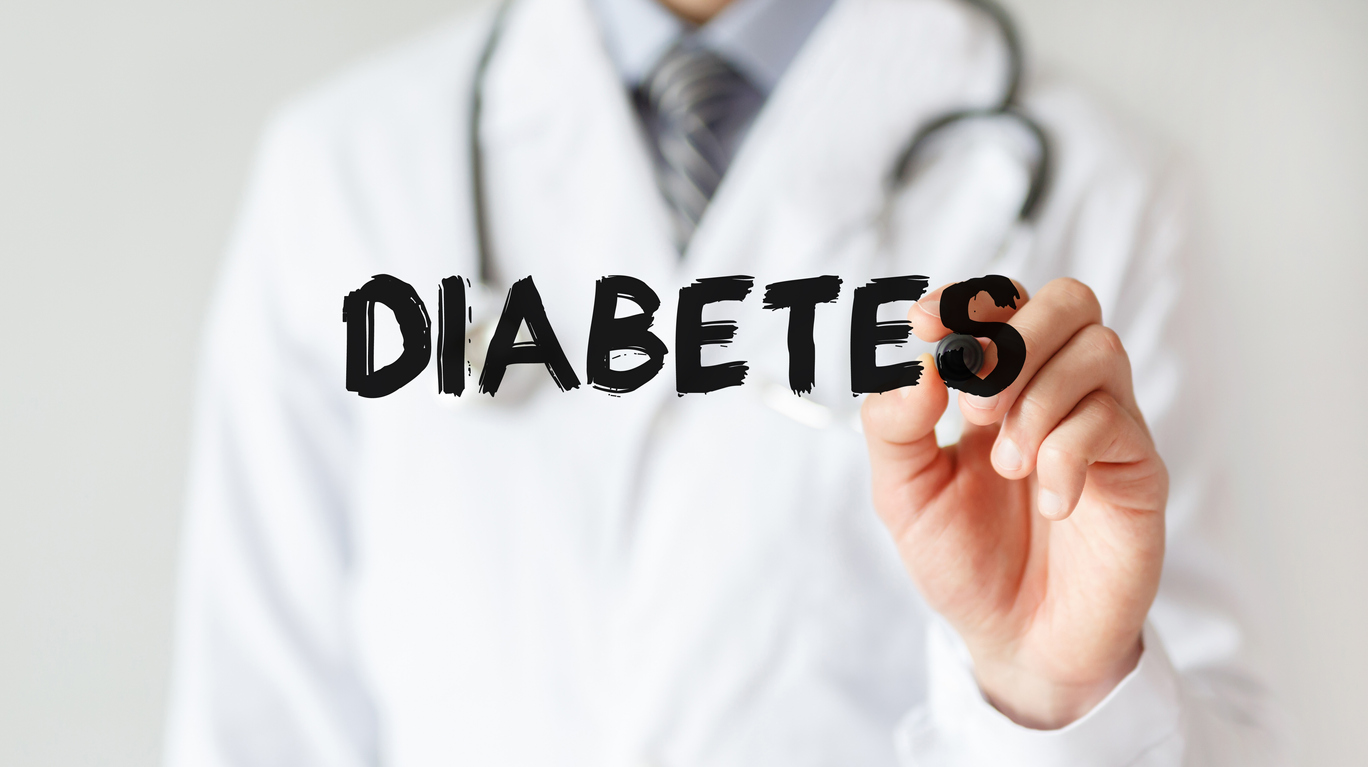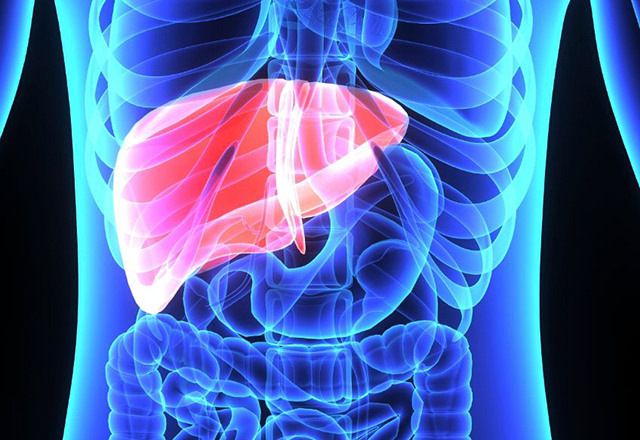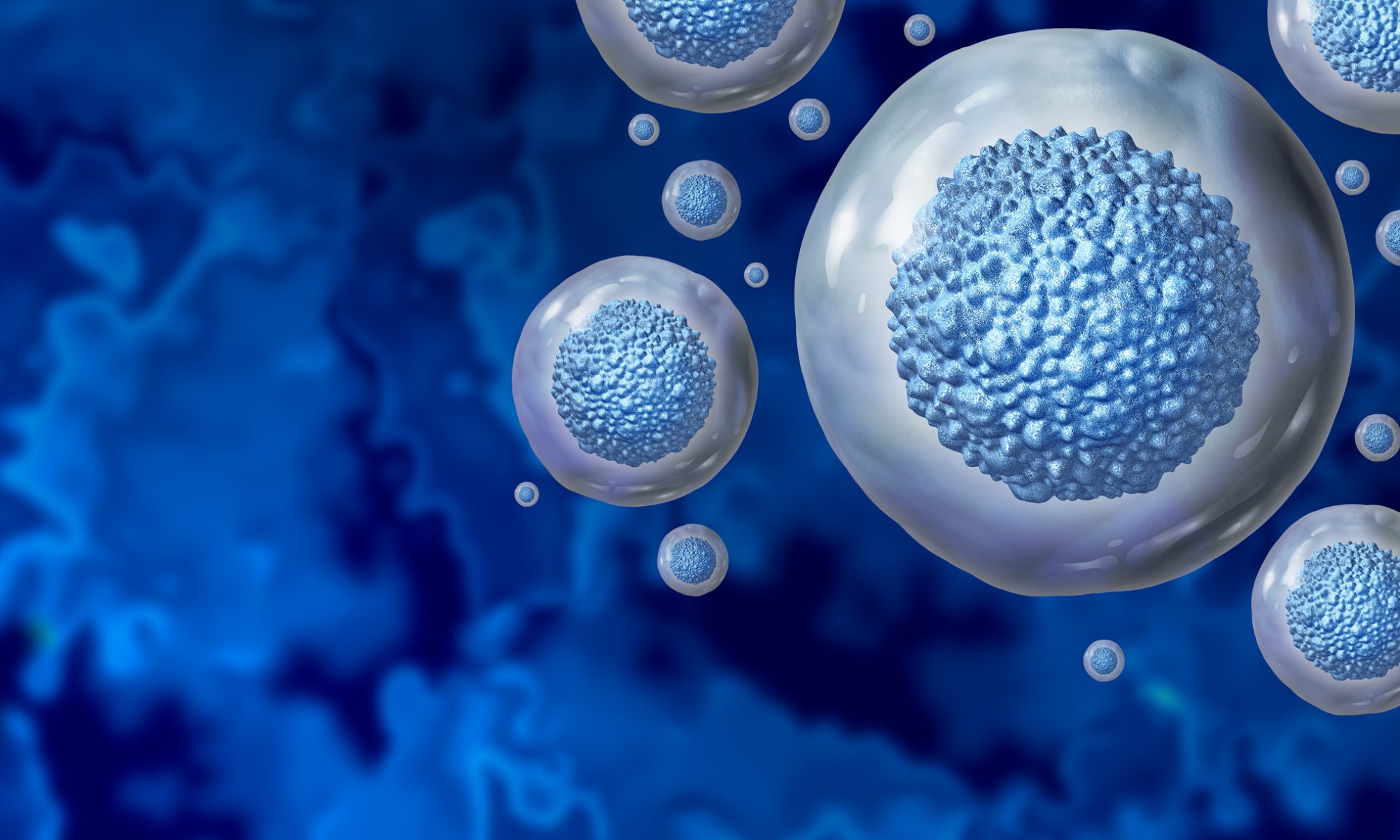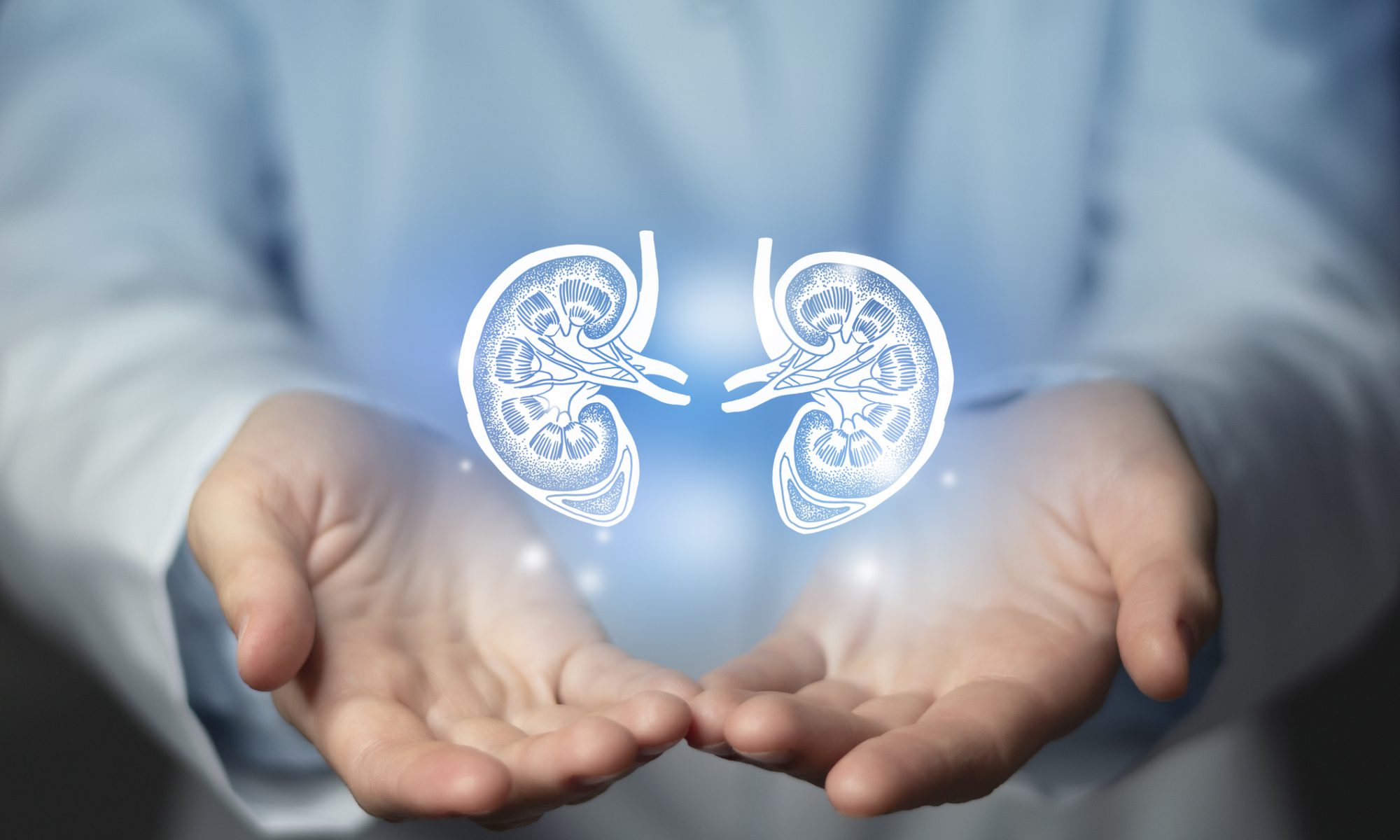— Race-neutral calculations for kidney function, leveling the playing field on waiting lists
By Shannon Firth
Physicians and advocates explored ways to improve access to clinical trials, dialysis, and transplants for racial and ethnic minorities with chronic kidney disease during a webinaropens in a new tab or window hosted by U.S. News & World Report and sponsored by the American Kidney Fund (AKF).
When the COVID-19 pandemic struck, people with chronic kidney disease, particularly those in kidney failure, could not isolate the way other people could because they needed to go to dialysis or other medical appointments, explained LaVarne Burton, president and CEO of the AKF.
Read the full article in MedPage Today.
